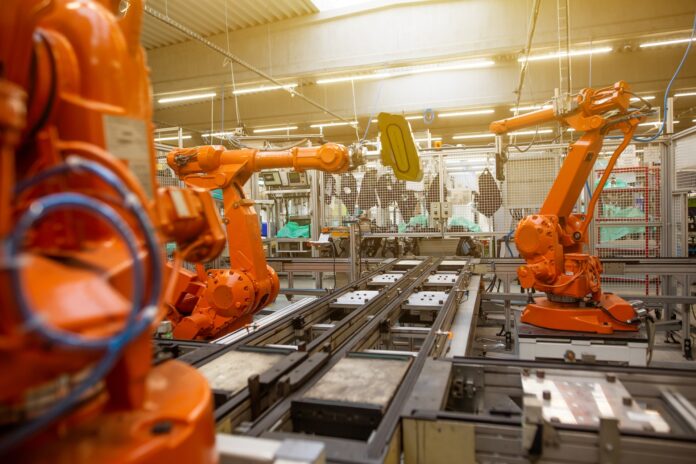Automation has been a buzzword in the manufacturing industry for many years now. With the advancements in technology and the availability of advanced equipment and tools, automation has become a popular choice for businesses looking to optimize their operations. In this article, we will explore the benefits of automation in manufacturing.
Increased Efficiency
One of the biggest benefits of automation in manufacturing is the increase in efficiency. Automated systems can operate at a much faster pace than humans and can work continuously without taking breaks. This means that tasks that may take days to complete manually can be done in a matter of hours or even minutes. With the ability to complete tasks faster, manufacturers can produce more products in a shorter amount of time, increasing their productivity.
Improved Quality Control
Automation can help improve the quality control of products. Automated systems can detect defects and inconsistencies that may go unnoticed by human operators. With automated inspection systems, manufacturers can ensure that their products meet specific quality standards, reducing the likelihood of defective products reaching the market.
Reduced Labor Costs
By automating tasks that were previously done by humans, manufacturers can reduce their labor costs. Automated systems do not require breaks, sick leave, or other benefits that human workers require. This can result in significant cost savings for manufacturers, allowing them to allocate more resources to other areas of their business.
Increased Safety
Automated systems can also increase the safety of manufacturing operations. Dangerous tasks that may be hazardous to human workers can be performed by machines, reducing the risk of workplace accidents. With automated systems in place, manufacturers can ensure the safety of their employees while still meeting production goals.
Greater Flexibility
Automated systems can be programmed to perform a wide range of tasks, making them more flexible than human workers. This means that manufacturers can quickly switch production lines to produce different products without having to retrain workers or invest in new equipment.
Reduced Waste
Automated systems can help reduce waste in manufacturing operations. By using precise measurements and controls, automated systems can minimize the number of raw materials that are wasted during production. This can result in significant cost savings for manufacturers while also reducing their environmental impact.
Improved Data Collection and Analysis
Automated systems can collect and analyze data in real time, providing manufacturers with valuable insights into their operations. With this information, manufacturers can identify inefficiencies, make informed decisions, and improve their overall performance.
Increased Accuracy
Automated systems can perform tasks with a high degree of accuracy and consistency. This is particularly important for tasks that require precision and attention to detail, such as in the production of electronics or medical devices.
Operation
Automated systems can operate 24/7 without the need for human intervention. This means that manufacturers can run their operations continuously, resulting in faster production times and greater output.
Improved Customer Satisfaction
By increasing efficiency, reducing waste, and improving quality control, manufacturers can produce products that meet or exceed customer expectations. This can result in increased customer satisfaction and loyalty, ultimately leading to increased sales and revenue.
Job Creation
While automation may initially result in the displacement of some workers, it can also lead to the creation of new jobs. As manufacturers adopt automated systems, there is a growing demand for skilled workers who can operate and maintain these systems.
Also Read: The Art of Storytelling in Marketing: How to Create Engaging Content
Conclusion
The benefits of automation in manufacturing are numerous and can help manufacturers improve their operations, reduce costs, and stay competitive in a rapidly changing global marketplace. By embracing automation, manufacturers can position themselves for long-term success and growth.

